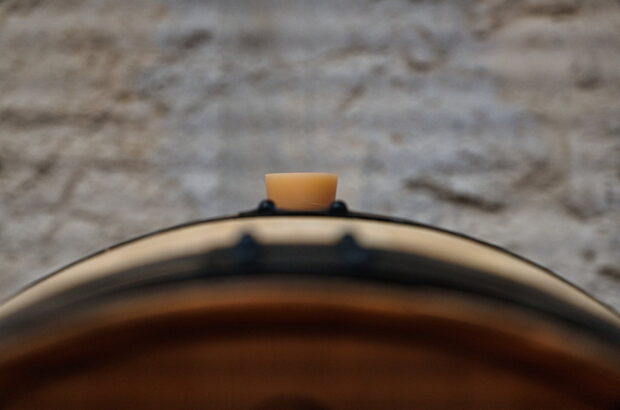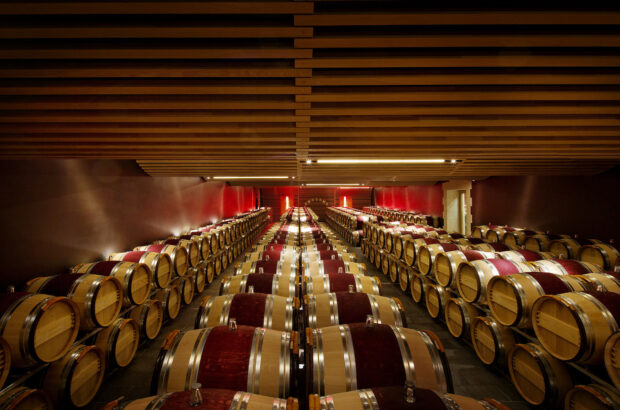I’ve had the ‘decant or not decant’ conversation countless times with wine lovers and industry insiders, and have discovered that most either love or hate these seemingly benign glass containers.
I fall firmly into the hate ’em camp, especially when it comes to decanting old wines. Aged wines are fragile, and after years of being under cork the sudden explosion of oxygen creates the worst possible shock. On impact, the wine loses aromas and flavours that will never be recovered. Decanting is like opening a novel on page 50: you lose the intro and never get the plot.
And if you want to totally destroy an aged wine, double decant it by pouring the wine first into a decanter then back into its original bottle, presumably cleared of sediment. This practice is quite common at restaurants.
I was on the receiving end of this travesty several years ago when I attended a tasting of aged Barolos at a highly esteemed New York City establishment with an award-winning wine list. The line-up included celebrated producers and stellar vintages, spanning 1964 to 1989. I had fond memories of tasting many of the same wines and vintages on other occasions and was excited to revisit them.
But that night all six Barolos were lacklustre, deprived of aromas, flavours and vibrancy. Could this have been due to poor storage by previous owners of the bottles? Yes, it’s possible. But all six? Not likely. Having a lot of experience with older Barolo, I expected a constant evolution of aromas in the glass, ranging from forest floor, tar, dried rose, tobacco and camphor that I usually find in aged Nebbiolo from the best names in outstanding vintages. I also anticipated an array of flavours such as dried cherry, cake spice, dried mint and beyond.
Yet there were none of these sensations or evolution. Not even at the end of the night after the wines would have had ample time to breathe, if that had been the issue. I asked the sommelier when the wines had been opened, and he declared they had been double decanted a few hours beforehand, which explained their vapid state.
So why does anyone decant? Sommeliers and wine lovers tell me they decant aged wines because they’re turned off by the sediment that usually sits at the bottom of bottles. Another reason is because many believe decanting is the best way to aerate wines in a short time frame.
But the risk of ruining a great old vintage outweighs the meagre benefit of avoiding sediment. If sediment is your issue, don’t drink the last ounce or two left in the bottle that would have stayed in the decanter anyway.
It’s worth noting that sediment in aged wine is perfectly normal. As the late Franco Biondi Santi used to say, it was his favourite part of tasting older vintages as it contains all the substances, including colour and flavours, that wines cede over time.
Fine wines made with Nebbiolo and Sangiovese are particularly penalised by decanting. When cultivated in the best sites, both grapes are rich in norisoprenoids. This class of aromatic compounds contributes to a wine’s varietal character, allowing the development of intense aromas in the best Barolos, Barbarescos and Brunellos that evolve throughout the years. These wines need gentle aeration or they lose their enticing aromas.
That’s why, when I pull a wine from our cellar, I uncork it three or four hours ahead of time for gradual, consistent aeration. If I’m at a restaurant, I order the older red right away, and have them uncork it at the table while I sip a young white or bubbles with my starters and first courses.
Would I ever decant a young, robust wine that could hold up to decanting? Nope. For all the same reasons: even with young, sturdy wines, I want the whole story and to watch the wines evolve. It takes time, but I’m never in a rush when it comes to enjoying fine wine.
I’m not the only Don’t Decant Diehard: nearly all Italian winemakers shun decanting, especially for their older bottles. As they say, when in Rome do as the Romans do. And in this case, even when not in Rome.
Based in Italy, Kerin O’Keefe is a wine critic, author and speaker, as well as founder of kerinokeefe.com
What I’ve been drinking
I recently opened the Comm. GB Burlotto, Barolo Acclivi 2012 (£177 Berry Bros & Rudd) and it was absolutely stunning. Made from a selection of the best grapes from the estate’s top vineyards in Verduno, it’s the quintessential expression of the village. It’s fragrant, delicious and loaded with finesse, delivering layers of red berry, menthol and spice. Impeccably balanced and fresh, it’s showing beautifully now but will age for another decade or more.













